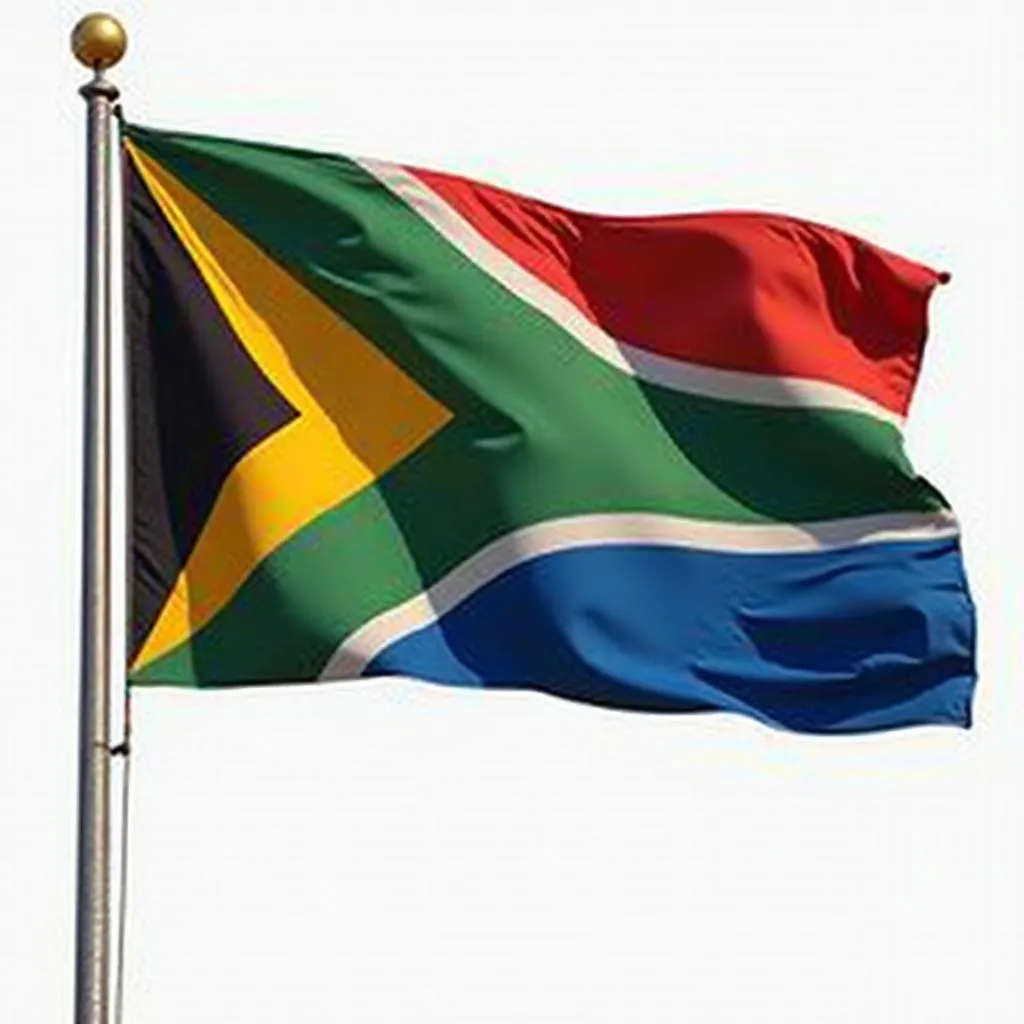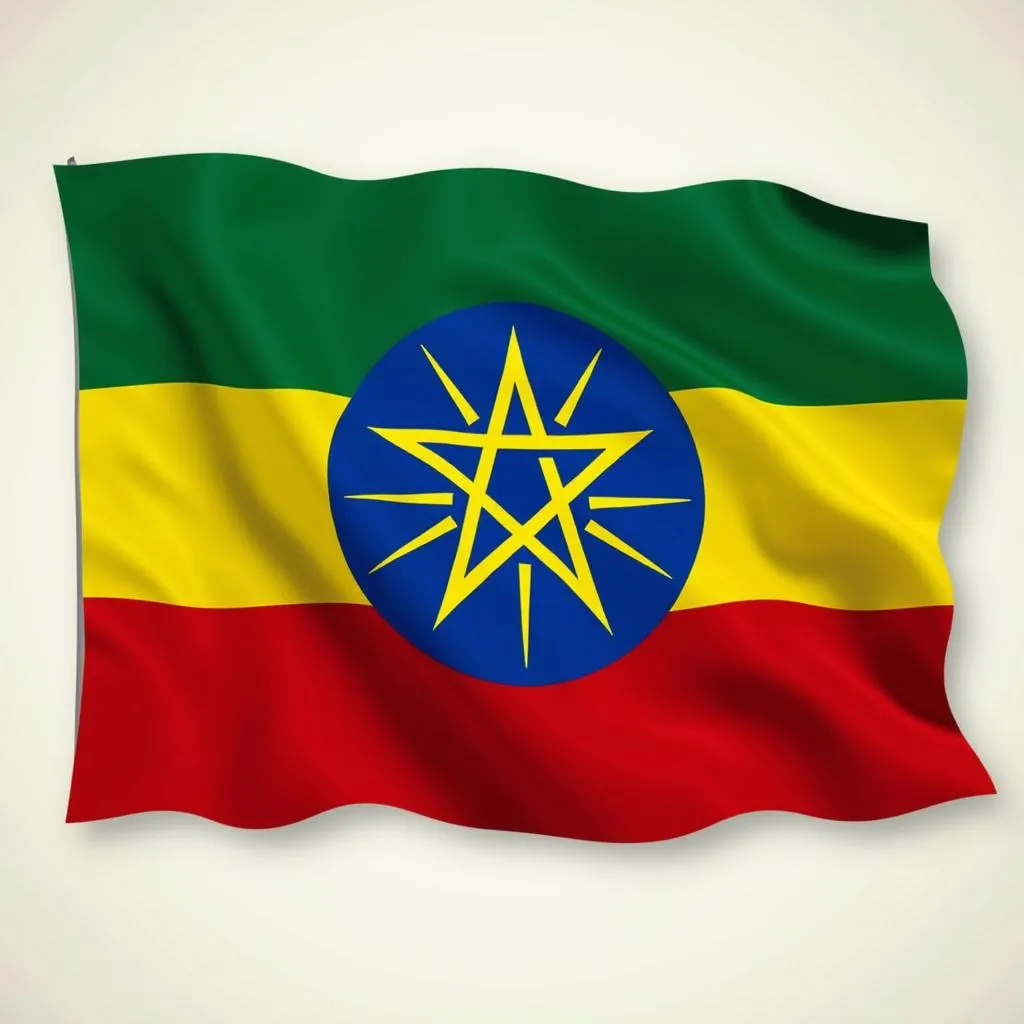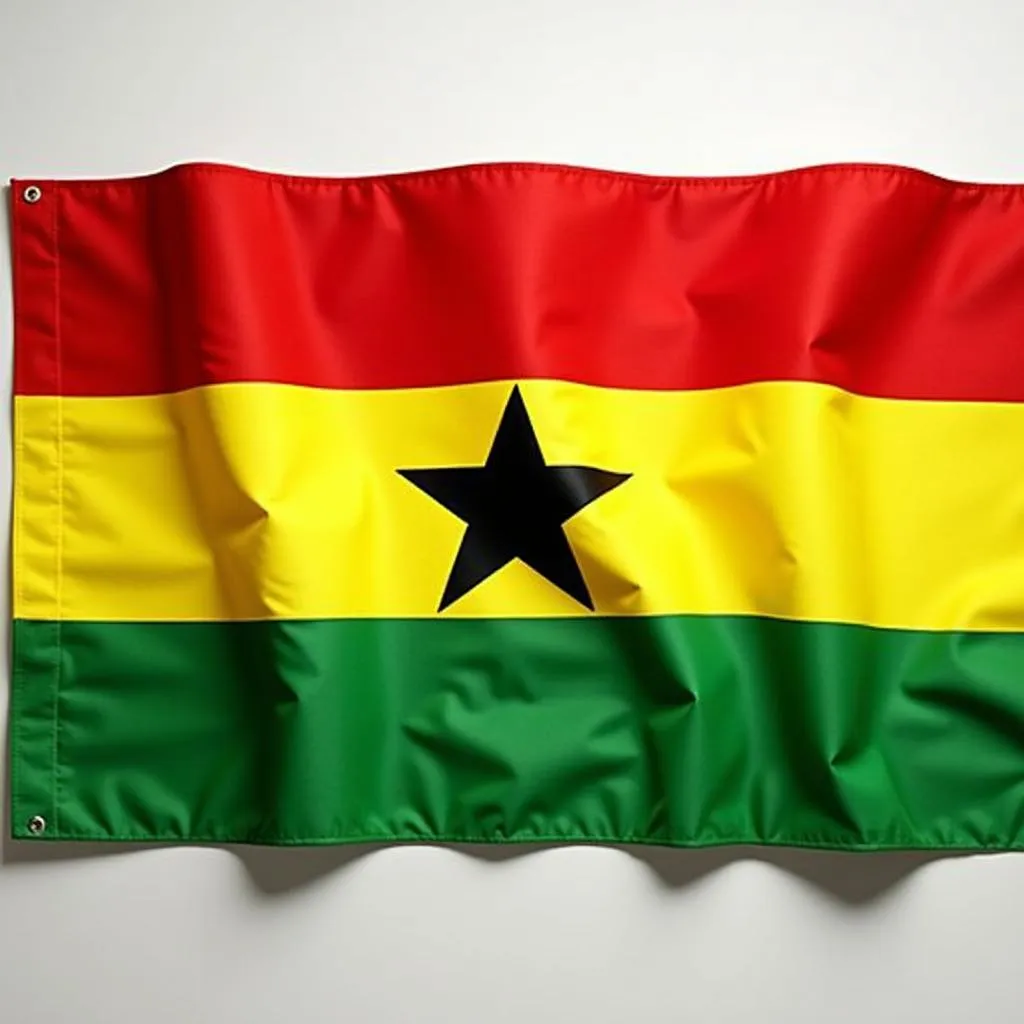The Meaning Behind the Colors of African Flags: A Journey Through Symbols and History
African flags are more than just colorful pieces of fabric. They are powerful symbols of identity, unity, and the rich history of a continent teeming with diverse cultures and stories. Each flag carries a unique narrative, woven through its colors, shapes, and designs. Understanding the meanings behind these elements offers a deeper appreciation for the aspirations, values, and struggles of the African people.
This article delves into the fascinating world of African flags, exploring the symbolic meanings behind their colors and designs. Join us as we unravel the stories hidden within these vibrant emblems of national pride.
The Significance of Colors in African Flags
Colors play a pivotal role in African culture, often carrying deep spiritual, social, and political meanings. In the context of flags, they represent various aspects of a nation’s identity, such as its land, people, history, and future aspirations. Let’s explore the common meanings associated with colors across the continent:
- Red: Often symbolizes courage, strength, and sacrifice. It represents the blood spilled in struggles for independence and the unwavering determination of the people.
- Green: Commonly associated with hope, prosperity, and the continent’s fertile land. It reflects the abundance of nature and the promise of a bright future.
- Yellow/Gold: Usually signifies wealth, prosperity, and the sun, a source of life and energy. It symbolizes the nation’s natural resources and the potential for economic growth.
- Black: Often represents the African people, their strength, and resilience. It can also symbolize unity and solidarity.
- White: Generally signifies peace, purity, and unity. It can represent the hope for a brighter future and the importance of harmony among different ethnic groups.
- Blue: Commonly represents the sky, water, and peace. It often symbolizes the importance of rivers and oceans in the continent’s geography and history.
Unveiling the Symbolism of African Flags
While colors carry general significance, their specific meanings can vary depending on the context of each nation. Here are some examples of how African flags use colors to express unique cultural identities:
 South African Flag: A Symbol of Unity and Diversity
South African Flag: A Symbol of Unity and Diversity
 Ethiopian Flag: A Legacy of Independence and Hope
Ethiopian Flag: A Legacy of Independence and Hope
 Ghanaian Flag: A Symbol of Freedom and Pan-Africanism
Ghanaian Flag: A Symbol of Freedom and Pan-Africanism
The Importance of Understanding African Flags
Learning about the meanings behind African flags is not just a matter of trivia; it’s a way of understanding the aspirations and struggles of the people who created them. These flags serve as reminders of the continent’s rich heritage and the enduring spirit of its people.
“Understanding the symbolism behind African flags allows us to connect with the continent’s rich history and vibrant culture,” says Dr. Abena Akosua, a renowned African historian.
As you encounter the flags of African nations, take a moment to appreciate their unique stories. Each color, shape, and design is a testament to the resilience, creativity, and hope of the African people.
FAQs
Q: What is the most common color used in African flags?
A: While various colors are prominent, green is widely used across African flags, symbolizing hope, prosperity, and the continent’s abundant nature.
Q: What does the star on the Ethiopian flag represent?
A: The gold star on the Ethiopian flag represents the guiding light of hope for a brighter future and the nation’s commitment to unity and progress.
Q: What is the significance of the black star on the Ghanaian flag?
A: The black star on the Ghanaian flag is a symbol of pan-Africanism, representing the unity and strength of the African people.
Q: Do all African flags have a historical significance?
A: Yes, the majority of African flags have a historical significance rooted in the continent’s struggles for independence, cultural identities, and aspirations for a better future.
Q: Where can I learn more about the meanings of African flags?
A: You can find more information about the meanings of African flags on websites dedicated to African history, culture, and symbolism. Libraries and museums often have resources on the subject.
This exploration of African flags offers a glimpse into the rich tapestry of cultures that make up the continent. By appreciating the stories embedded in these vibrant emblems, we gain a deeper understanding of the African people, their history, and their hopes for the future.

